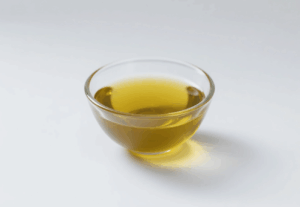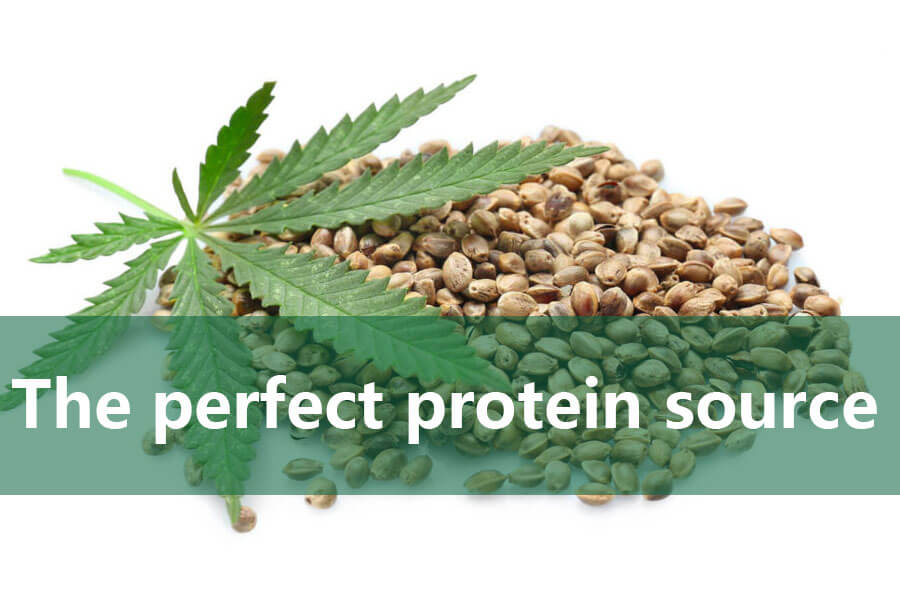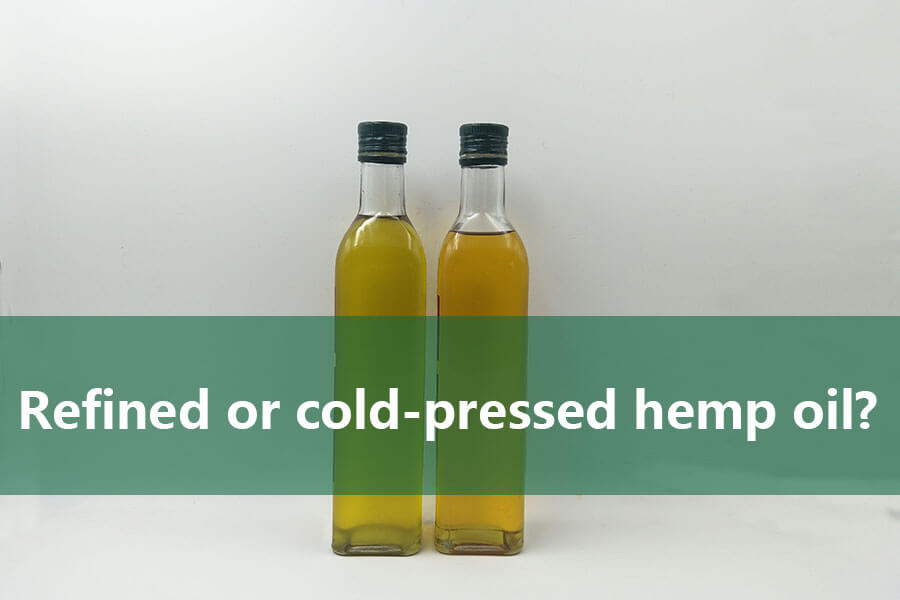Organic hemp seed oil has surged in popularity as a multitasking skincare hero, praised for its nutrient density and compatibility with all skin types. But with terms like cold-pressed and refined floating around, confusion arises: Is it safe to apply hemp seed oil directly to the skin? Let’s unravel the science and benefits of both forms to help you make an informed choice.

1. The Skin-Loving Power of Cold-Pressed Hemp Seed Oil
Cold-pressed hemp seed oil is extracted through mechanical pressing at low temperatures (below 40°C), preserving its natural antioxidants, fatty acids, and vitamins. Here’s why it’s ideal for direct skin application:
- Non-Comedogenic & Lightweight: With a molecular structure similar to the skin’s sebum, it penetrates deeply without clogging pores. Ideal for oily and acne-prone skin, it regulates sebum production while reducing breakouts.
- Anti-Inflammatory & Healing: Rich in omega-3 and omega-6 fatty acids (3:1 ratio), it soothes conditions like eczema, psoriasis, and rosacea. Studies show its ability to strengthen the skin barrier and reduce redness.
- Moisture Lock & Anti-Aging: Vitamin E and linoleic acid hydrate dry patches and combat oxidative stress, diminishing wrinkles and improving elasticity.
Pro Tip: Apply a few drops to damp skin post-cleansing for enhanced absorption. Mix with aloe vera for a calming mask.
2. Refined Hemp Seed Oil: When Less Is More
Refined hemp seed oil undergoes filtration and heat treatment to remove impurities, chlorophyll, and strong odors. While this extends shelf life and neutralizes flavor, it strips some nutrients. However, it still offers unique skincare advantages:
- Gentle for Sensitive Skin: The removal of chlorophyll reduces the risk of irritation, making it suitable for reactive or allergy-prone skin.
- Versatile Base for Formulations: Its neutral scent and texture make it a popular carrier oil for serums, creams, and massage blends.
- Stability in High-Temperature Products: Ideal for soaps or balms requiring heat resistance without compromising fatty acid integrity.
Caveat: Refined oil lacks the antioxidant richness of cold-pressed variants. Pair with vitamin C serums to boost efficacy.
3. How to Use Hemp Seed Oil Safely
Whether cold-pressed or refined, hemp seed oil is generally safe for topical use. Follow these guidelines:
- Patch Test First: Apply a dime-sized amount to the inner forearm. Wait 24 hours to check for reactions.
- Targeted Treatments:
- Acne: Dab diluted tea tree oil mixed with hemp oil on blemishes overnight.
- Dry Patches: Layer under moisturizer for intense hydration.
- Massage: Blend with lavender essential oil for a relaxing, anti-inflammatory massage.
- Storage: Keep cold-pressed oil refrigerated to prevent rancidity.
4. Choosing the Right Product
Look for certifications and labels to ensure quality:
- USDA Organic & Non-GMO: Guarantees no pesticides or synthetic additives.
- Third-Party Testing: Confirms THC-free status (<0.3%) and purity.
- Dark Glass Bottles: Protects cold-pressed oil from light degradation.
Top Picks:
- Cold-Pressed: Life-Flo Pure Hemp Seed Oil (ideal for face and hair).
- Refined: Aura Cacia Organic Hemp Seed Oil (neutral carrier oil for blends).
5. Beyond Skincare: Holistic Benefits
Hemp seed oil’s versatility extends beyond topical use:
- Hair Care: Massage into the scalp to reduce dandruff and strengthen follicles.
- Culinary Use: Add to salads for a nutty flavor and omega boost.
- Eco-Cred: Hemp farming absorbs CO₂ and requires minimal water, aligning with sustainable beauty trends.
Embrace Nature’s Elixir
Cold-pressed organic hemp seed oil reigns supreme for direct skin application, offering unmatched nourishment and therapeutic benefits. While refined oil sacrifices some nutrients for stability, it remains a reliable choice for formulations. By prioritizing certified, responsibly sourced products, you unlock a skincare ritual that harmonizes efficacy, safety, and sustainability.
Your Skin Deserves the Best — Choose Wisely.
Related Products
Organic Hemp Seeds
Organic hemp seeds offer complete nutrition with optimal protein, fatty acids, and fiber content. Versatile…
Organic Hemp Seed Oil
Available in cold pressed hemp seed oil, refined hemp seed oil, hemp heart oil and…




